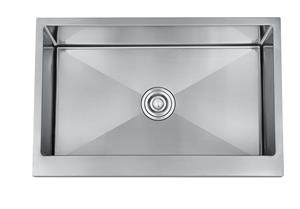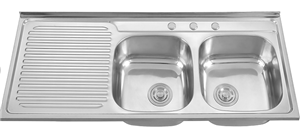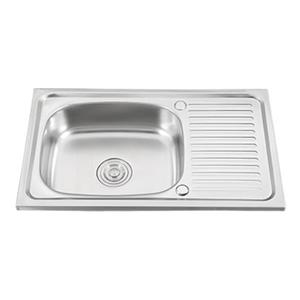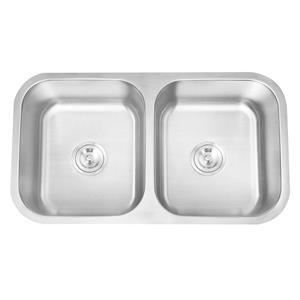Benefits of a Thicker Material Kitchen Sink
Advantages of Thick Material Sink
When choosing a sink, thickness is an important consideration. A thicker sink is a dependable option for a busy kitchen because it is more reliable and resistant to wear and tear. In addition, a quieter environment is produced by thicker sinks, which are also effective at reducing noise in the kitchen or bathroom.
Understanding the advantages of sink thickness can help you ensure customer satisfaction, establish a strong brand reputation, and eventually save money.
1. Durability
The durability of a sink is significantly influenced by its thickness. A thicker sink can withstand heavy impacts without breaking and is less likely to get dented or scratched. A thicker sink will last longer and require less maintenance over time because it is more resistant to wear and tear.
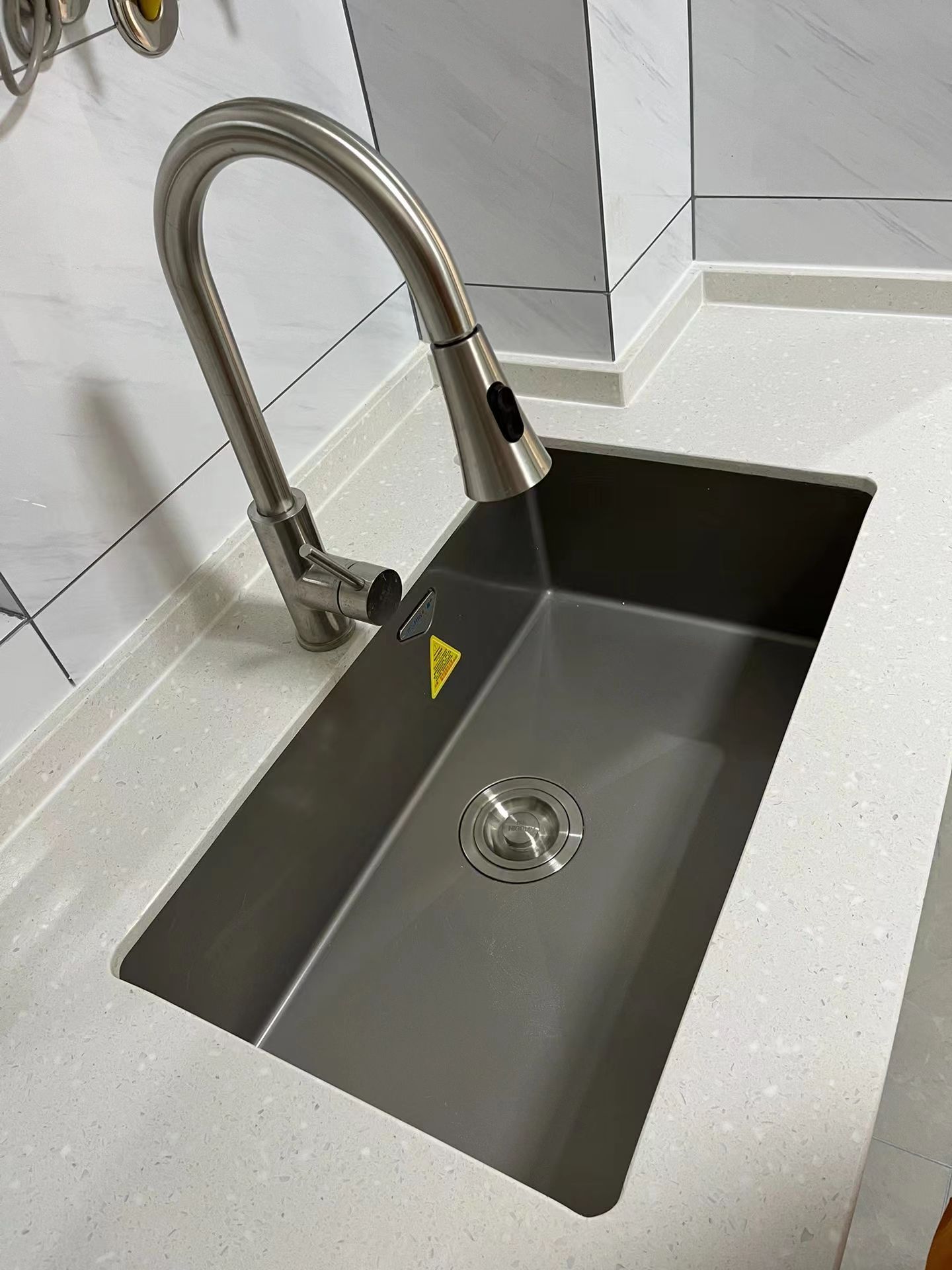
Durability is a crucial factor to consider when choosing sinks for your customers. They value durable, dependable products, and a sink with increased durability can give customers peace of mind and satisfaction. A durable sink must also be replaced less frequently, saving wholesalers and retailers money.
A sink’s thickness is measured in gauge, where a lower gauge corresponds to a thicker sink when choosing the appropriate thickness. A sink gauge of 16 or 18 is typically regarded as a good benchmark for durability. A practical option for high-traffic kitchens is a thicker gauge stainless steel sink, offering greater structural integrity and resistance to wear and tear.
2. Noise reduction
The ability of sink thickness to dampen noise in the bathroom or kitchen is another advantage. Running water, clanging dishes, and other activities in the sink cause vibrations, which thicker sinks absorb. Thicker sinks have a higher mass and density, which makes them more effective at dampening noise. This is crucial in open-concept kitchens where sound spreads.
Noise reduction is a crucial factor that can create a relaxing and tranquil environment for a customer, and a sink that can minimize noise can help with this. Apartment buildings, and commercial kitchens, where noise can easily be transferred between units, may find noise reduction particularly important.
To sum up, a sink’s durability and noise-reduction abilities are significantly influenced by its thickness. Because thickness can lead to longer-term cost savings and higher customer satisfaction, wholesalers should consider it when choosing and advising sinks to their clients.

